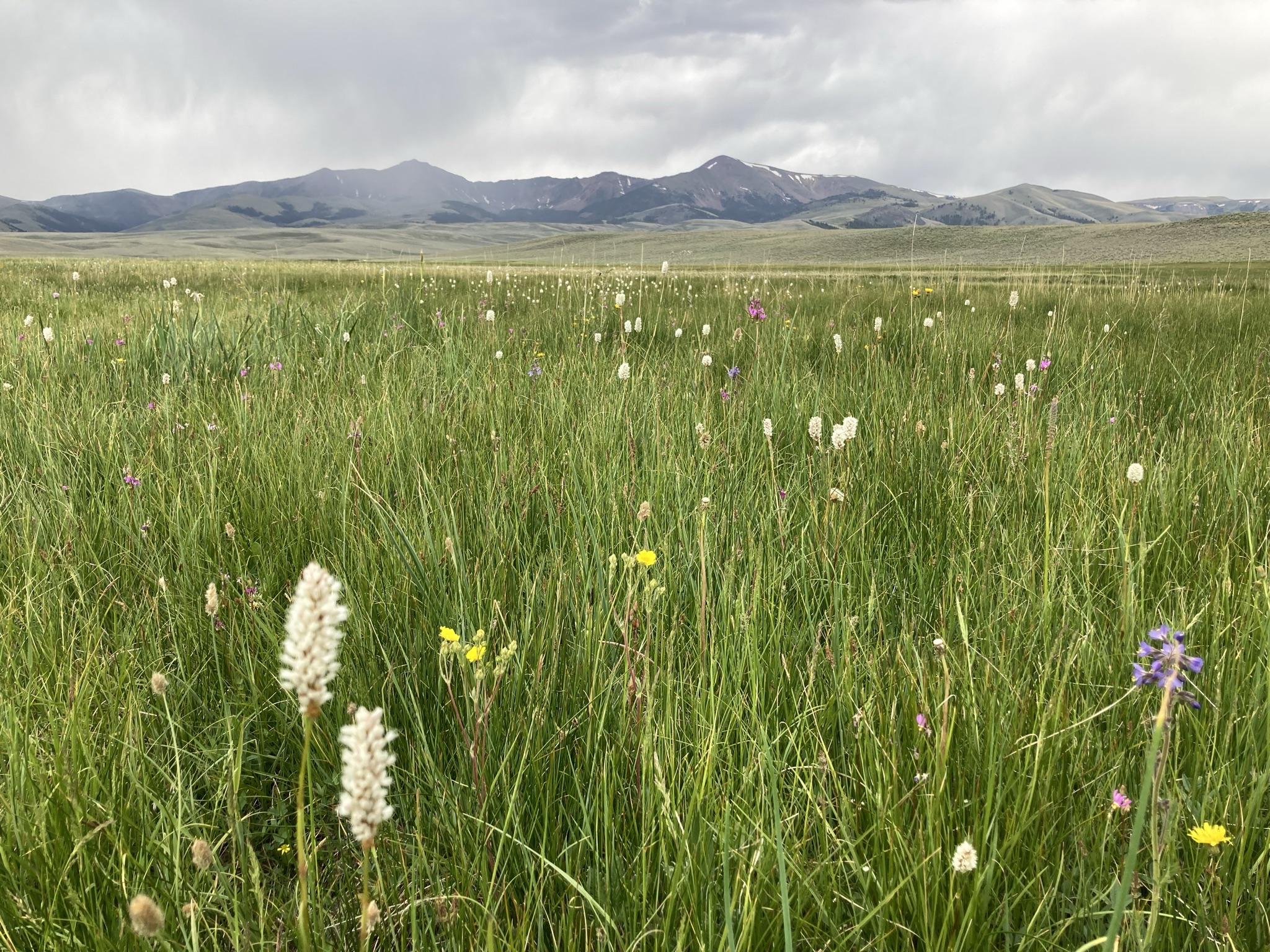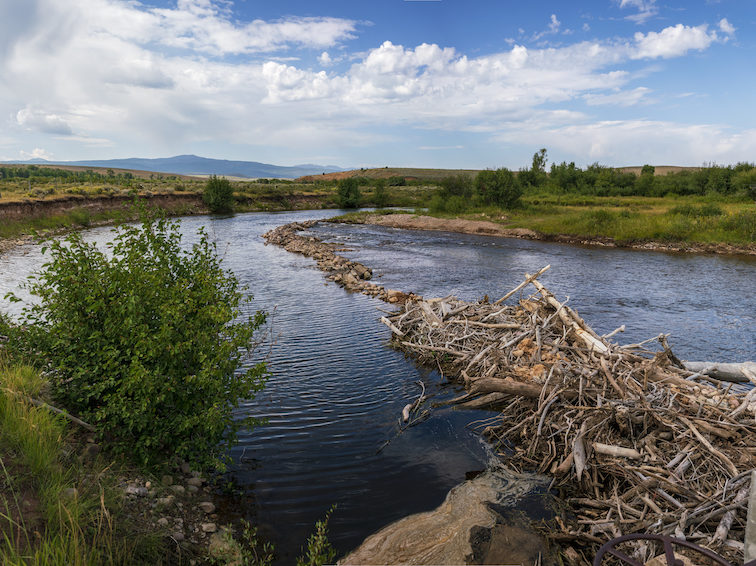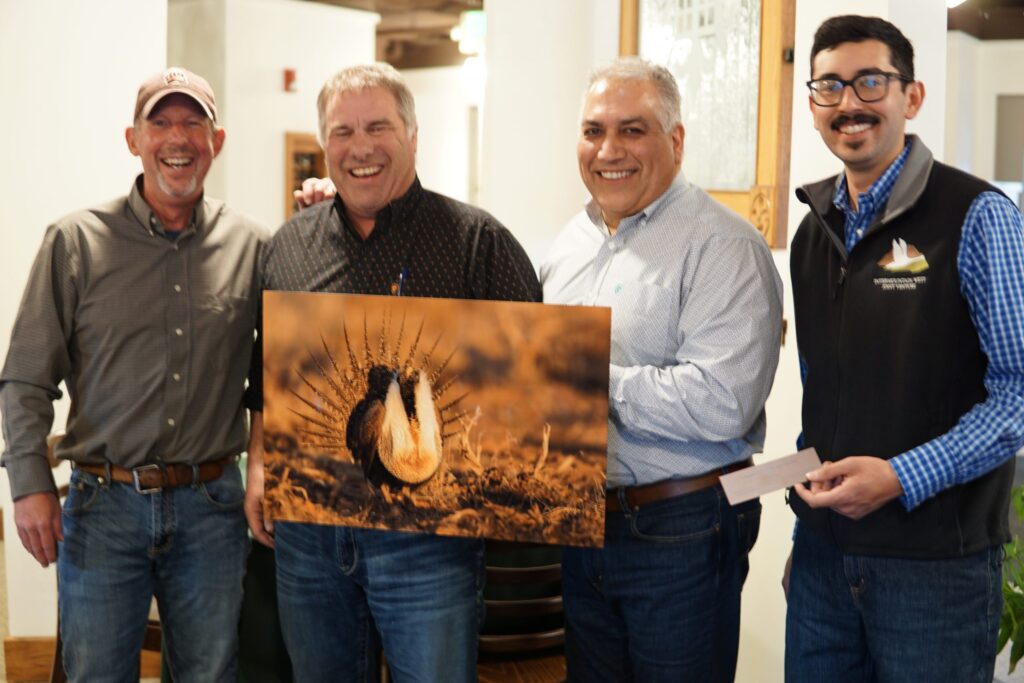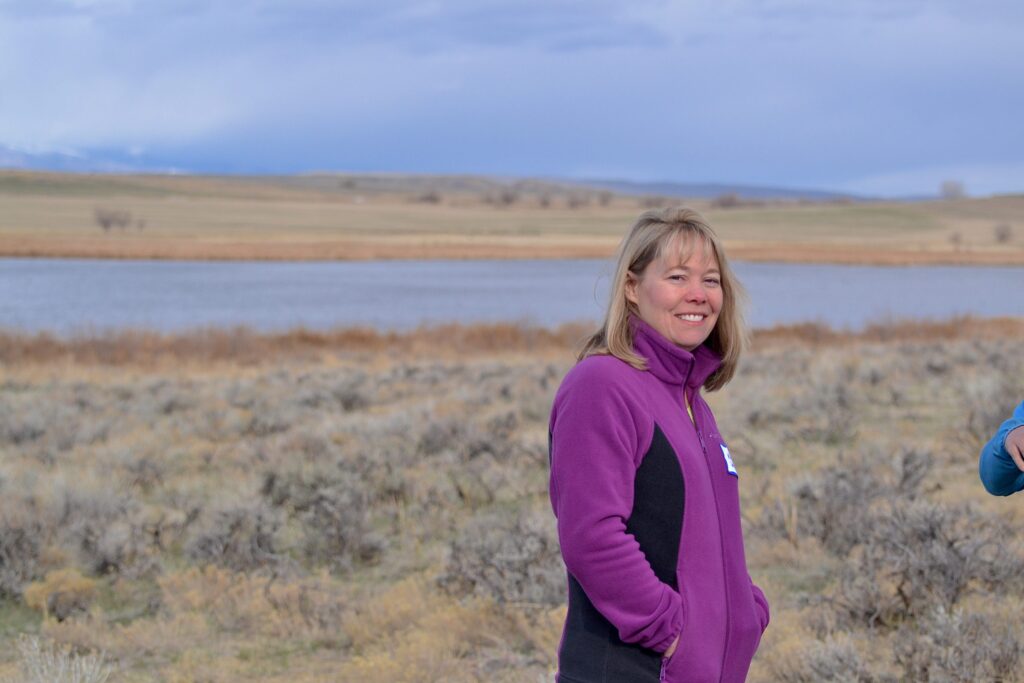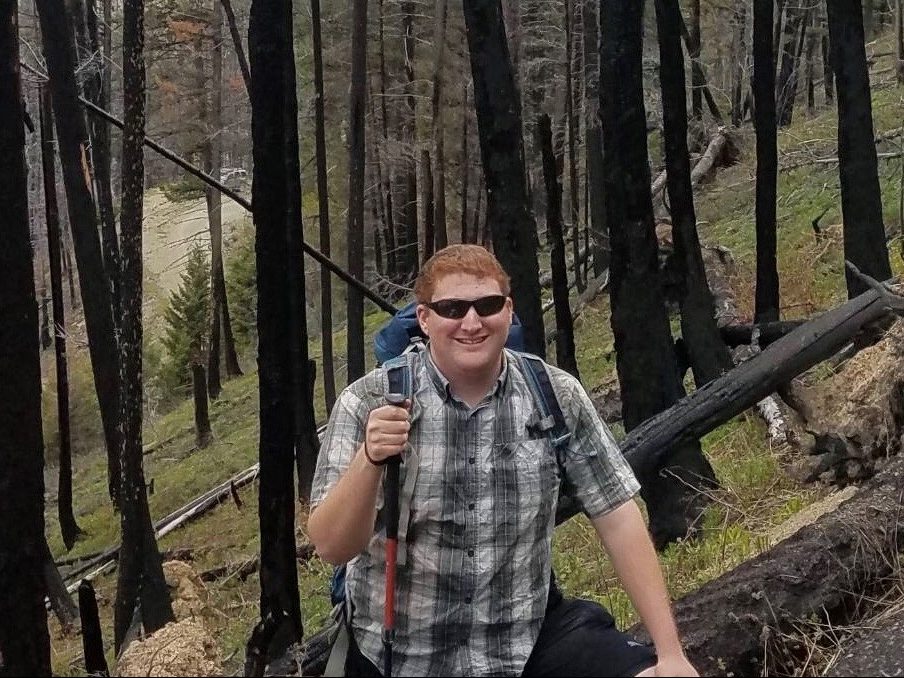
When Jonathan Karlen decided to major in wildlife biology at the University of Montana (UM), he was confident in his interest in the natural world. Karlen grew up in Manhattan (New York), but he spent his weekends wandering around the state forests and parks of Connecticut. The contrast between the two worlds piqued his curiosity.
“The difference between New York City and rural Connecticut was always a contrast of opposites. Tracking animals and fishing, I became fascinated with how dynamic nature is and how people rely on wildlife and wild places,” Karlen said. “My appreciation for nature grew stronger with each season and turned into passion for science and conservation.”
In the time since he moved West to attend school, Karlen has had his hands in multiple projects that highlight the interconnectedness of humans and the natural world. As a freshman, he worked on a black-footed ferret reintroduction project on private ranchlands with the Arizona Game and Fish Department. Later, he worked as a Montana Fish, Wildlife, and Parks crew member on the Blackfoot-Clearwater Elk Project, which looked at how elk were responding to a post-wildfire landscape. The internship gave him a topic for his senior thesis: the impact of wildfire on mammal species richness and bear occupancy. As Karlen’s minor at UM is in climate change studies, he’s also involved in a project that’s looking at how climate change has affected intertidal seaweed communities on the Gulf of Maine.
“A highlight of each research experience has been working with incredible mentors who have guided my learning of new skills and thinking about applying research to real-world conservation challenges,” said Karlen.
As the UM senior progressed through his undergraduate degree, he realized the importance of both sound science and good policy in conserving landscapes. When presented with the opportunity to extend his college experience into a master’s degree through UM’s 4+1 joint wildlife biology and public administration program, he jumped at the chance to focus his work on bridging the gap between conservation science and policy.
“At the University of Montana, I’ve seen how rigorous wildlife research can guide wildlife managers and be integrated into policy,” Karlen said.“In my career, I hope to work closely with scientists and policymakers to help solve complex conservation challenges in a science-based way.”
Now, Karlen’s getting to put his education to the test. This summer, he interned for the U.S. Forest Service Office for Legislative Affairs, where he was able to see first-hand how an agency works with Congress to manage over 190 million acres of public land.
Alongside his advisor, Dr. Joshua Millspaugh, Karlen has been studying how hunting license price structures can aid or serve as a barrier to recruiting college students to hunt. He has reviewed license regulations affecting college students in all 50 states and is working on a paper documenting barriers for students. They hope that their research will impact license policy in Montana and nationwide.
“It seems that conservation can get caught up and lost in controversial issues and become more partisan than it needs to be,” Karlen said. “ I hope to approach conservation more in terms of collaboration and multiple-use.”
And, according to Millspaugh, Karlen is more than up to the task.
“His research and intellectual capacity, coupled with a sincere drive in service and leadership, his willingness to go way above and beyond for the community, research, and other students, and passion for conservation, is unparalleled,” Millspaugh said. “He wants to solve pressing conservation problems and make a difference in our field and I can think of no other undergraduate student so capable to meet those lofty goals.”
Jonathan Karlen was a 2020 finalist for the Intermountain West Joint Venture’s Conservation Youth Award.
